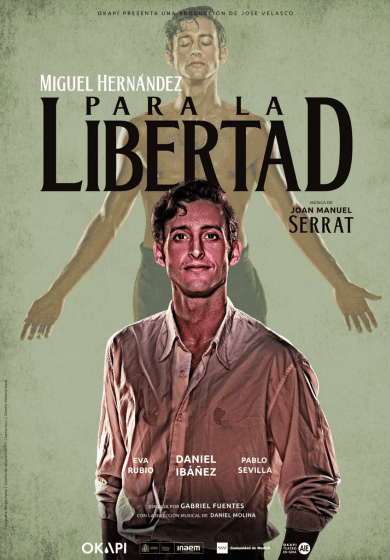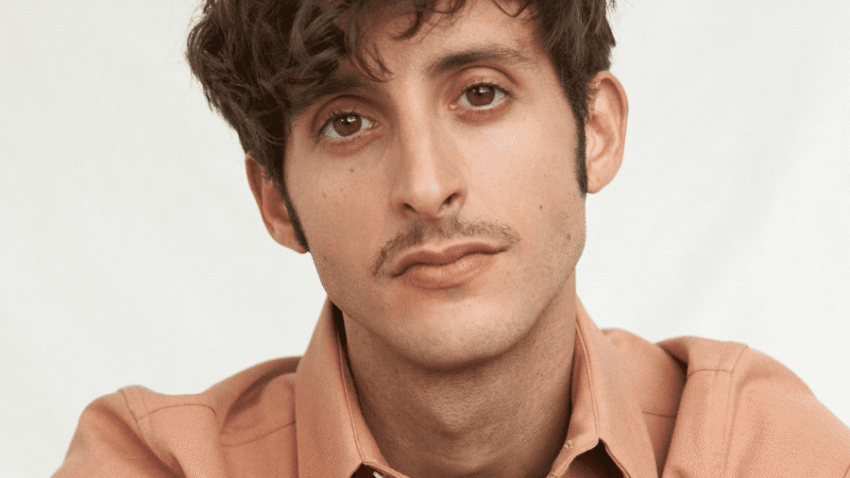
Daniel Ibáñez: “Politics is in the life of everyone, because politics is life”
“This is the black LP of Joan Manuel Serrat. All black, with a photo of Miguel Hernández In the center, “so my mother recalls the purchase of this album of the Poble Sec boy, who put music to the poems of the poet Oriolà. It was 1972, and” I also remember another, the red one, dedicated to Antonio Machado. I bought everyone who came out. ”In the 70’s, Trinidad was twenty, the age of Daniel Ibáñezprotagonist of Para la Libertad In its season in Madrid and it will be installed at the Teatre Borràs in Barcelona from July 15 to 27 with a new cast. Two generations have sat in the armchair to enjoy this work, which travels through the poet’s life from Orihuela, passing through Madrid, Russia and Paris, to his tragic death in prison, far from his wife and second son, to which he dedicated one of the most poignant poems in history, Nanas of the onion.
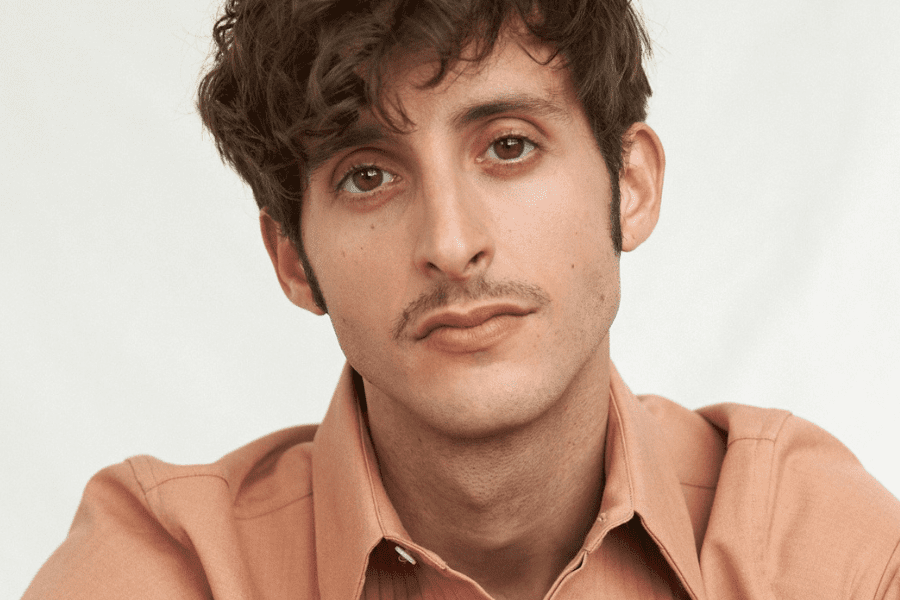
Daniel Ibáñez
If in the 1970’s that LP served to rescue the verses of Hernández de l’Oblite, despite living in a dictatorship, today, our goal is for the word to win wars, fascism and censorship. This is what we intend. To achieve this, the proposal has the direction of Gabriel Fuentes and the stage direction of Daniel Molina. And to get to know her better, we have a coffee with David Ibáñez, the protagonist who shares the stage with Eva Rubio and Pablo Sevillaa trio that manages to lead the public the life of another age, at a time when looking back can help us avoid repeating the mistakes of the past.
Barcelona Theater: How do you get to this project? Where do you start?
David Ibáñez: It all starts with the idea of José Velascoby Okapi Productions, which offered me the role and Serrat decided to sponsor us. From this small initial madness, everything was developed and I decided to immerse myself in the project. We started from Miguel Hernández’s texts and the biography of José Luis Ferriswhich has served as a guide to us at times. We tried to create a poetic prose and, as if it were a 8½ of Felliniwe have intertwined different episodes of his life, enhanced by Serrat’s songs.
How is this trip every night?
It is fascinating, the truth, but very difficult to describe, how to try to explain a dream that is surrounded by fog and you do not know how to decipher it, because they are only sensations. Working with Eva Rubio and Pablo Sevilla is a pleasure, a pride and an honor. And, of course, Daniel Molina manages to do something very complicated for me: from time to time, getting the audience to forget about Serrat and enter this journey independently. Gabriel Fuentes, above all, wanted the story to have a lot of light and not only to be limited to the inevitable destination of the poet.
I am very clear my story with Serrat and Miguel Hernández Thanks to my mother, what is your connection?
Maybe there is some similarity with your story. Mine starts in a car, on the way to summer cinema with my parents. He was about 10 years old, maybe less. Suddenly, a very characteristic acute voice sounds, and I realized that it was this record by Miguel Hernández. Specifically, it sounds Para la Libertad. Maybe he had already heard Mediterráneo Before, but he didn’t remember it so much. It was the first time that Serrat’s music was recorded. And having it recently was a very special experience, those that do not often happen in life. I was even shaking my legs. It was very warm and welcomed us very well.
What do you share with Miguel Hernández: hope or fear?
Hope, no doubt.
When I said I was going to see this work, people told me that it was a left -wing work. Do you think this show has a political label?
I think politics is part of everyone’s life, because politics is life. But I would like to not label this work, because what we want to convey is a story of hope, tenacity and light, values that affect us all, regardless of ideology. What is important is to maintain your identity and what you believe, despite the circumstances. This work speaks of a man who resisted because he believed in beauty, in an age when he was considered crazy. He was a rebellious person, and at that time he could not be a defender of beauty, poetry and love. And for me, this goes beyond any ideology. This work shows us a man who defended beauty above all.
“If it hurts us to think about where I could have come Amy Winehousewe must also hurt us to think how far Miguel Hernández could have come. ”
With songs so present in collective memory, do you think the image or information about Miguel Hernández has changed over time?
I know how it came to me; In a pretty timely and brief way, and as far as I know of previous generations, they came to them more dispersed. I think he is a poet who, despite not being less, has sometimes been treated as such. It has been a silence that has passed from generation to generation, since in their day they tried to silence it, being one of the greatest poets in our literature, at the same level as Federico García Lorcawhich already has its place. Serrat rescued him from oblivion and took him back to collective memory, allowing us to see that we are dealing with a titan, a giant of poetry, who had much less time and much less opportunities than his contemporaries. And this has a value, because if it hurts us to think how far I could have come Amy Winehousewe must also hurt us to think how far Miguel Hernández could have come and what he achieved, despite his death at the age of 32. He was a background runner in art. I am surprised how someone could make such an intense life journey in such a short time. He made a very deep and own existential journey of a brilliant mind, in my opinion.
What was the most complicated in the process oftrial?
All three of us already knew and had done a previous job. It is true that Eve and Pablo have a lot of talent, and when you have that, everything seems easier. The hardest thing is not to be admired by looking at them, which is often the case. What has cost us the most has been to conceive a somewhat complex story, with many elements. It is not a musical, but a play with songs, and the challenge was not to stay only with the biographical aspects, but also to see how to move the plot forward. Eve, among other characters, is Josefina, who preserved Miguel’s inheritance, and without her probably nobody would know him. He was the one who had the tenacity to say, “No, this does not take it, it is ours. It will be for the children of our children”, and this is something that I like to highlight.
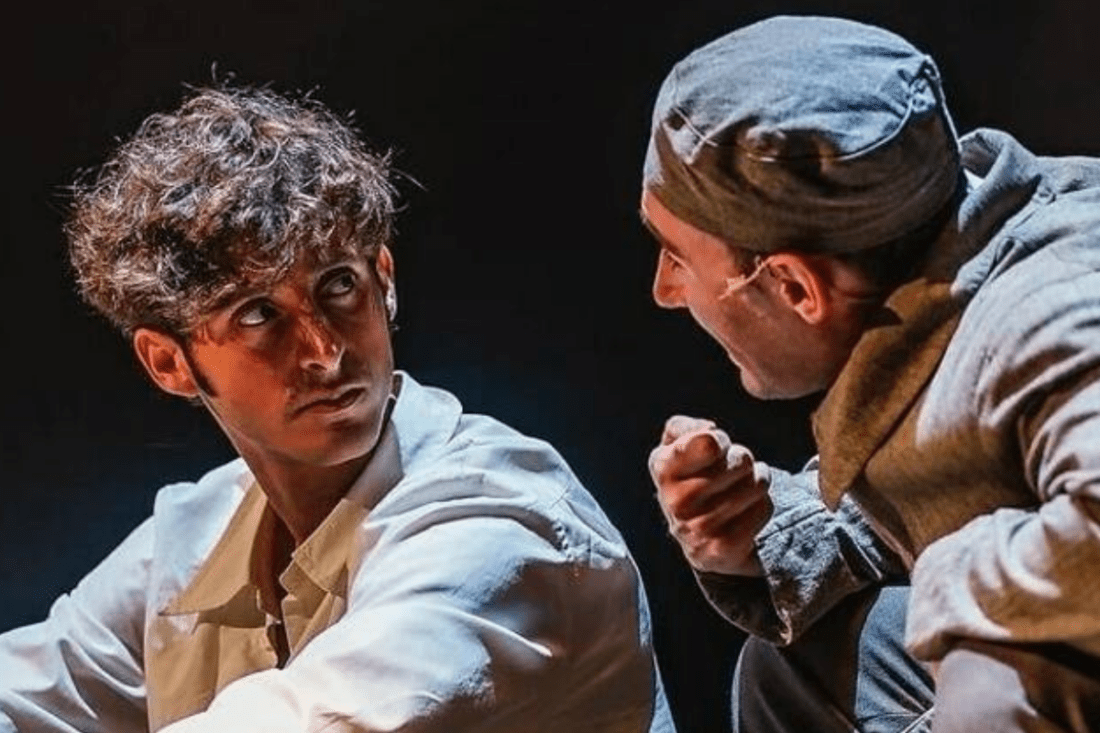
You said that we are facing a “titan, a giant of poetry”.
In essence, this work explains the life of Miguel Hernández, but also hides a universal story: a province boy who wants to devote himself to his passion in the capital and form a family. It does not seem to me to be so far from today, even though it separates us time. Their aspirations were not so great. His only intent was to “live in peace with simple poverty”. He did not want more, and that made him, unwittingly, a political symbol. He defended values that we could also defend today, such as the pursuit of beauty and peace.
There is something inheritance in the assembly that draws my attention. What do you think can leave us, you and me as a generation, what are we building?
An anecdote that impressed me strongly when I started collecting information about him is that everyone emphasizes their gaze, a look of assembro. When he died, he could not close his eyes. Maybe the most obvious reason was something related to the thyroid, but that ended up becoming a myth. What we can transmit to new generations is the ability to assign, never lose it, and curiosity. He was a man who studied English in the cell; He had no limits, or at least he did not put himself. As Socrates, who, about to die by hemlock, asked him why he was learning a new melody and said he wanted to learn one more before he died. Knowledge to know is something we cannot lose, because otherwise we become automata.
“We should get used to including women in these stories where we always have a male hero”
Seeing this work and so many others recovering figures like that of Lorca, to A noche sin lunaor that of Antoni Benaiges in The teacher and the seahe did not stop thinking that at some point, women’s stories should also be recovered. For example, I think Josefina would be a very important and powerful story to tell too.
Alberto Conejero He rescued the figure of Josefina in a work, and I completely agree with what you say. I think we should get used to including women in these stories where we always have a male hero. The female figure is essential in this field of art and beauty. Not only do you need to claim them, but also create more stories and research more about them. It is important and very little has been done. This is a perfect time to start doing it and focus on it.
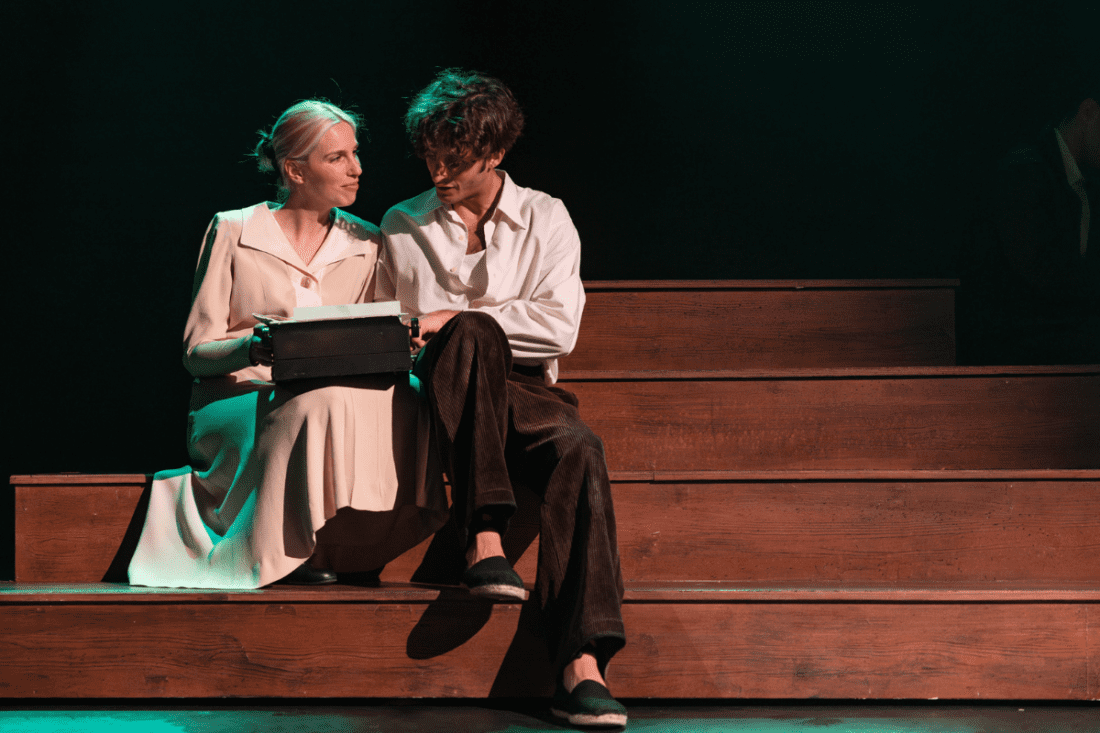
How do you relate to the word freedom? What do you think or what does it mean to you?
For me, freedom means that someone has time to consider what freedom is really. And I think this is complicated if you do not even have to eat, as it happened to Miguel at the time, or if you spend all day working without thinking or to feel. Freedom, for me, is to be able to enjoy a moment of rest with your friends, to be able to love and raise the spirit, beyond being a simple automaton.
This project celebrates the life and work of the poet Miguel Hernández, what would you like to celebrate now?
I would like to celebrate this song to beauty. Now maybe I’m at a time when I see things with a more hopeful air, and I think everything goes in better with a smile. When everything seems too serious, it generates mistrust me, because I think, as I said Charles Chaplinif we do not look at things with a certain distance, the danger appears. But I also think that things need to be analyzed in depth, but always keeping a smile and wanting to surprise us. This is what I would celebrate.
More information, pictures and entries:




